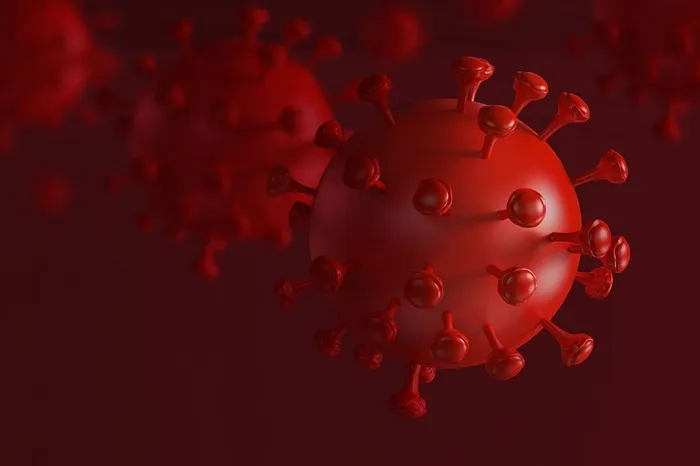For years, researchers suspected that chronic inflammation from factors such as smoking or ageing could be one of those triggers.
Now, new evidence shows that common respiratory infections, including the flu and COVID, may also be capable of reawakening these cells.
In a recent study, mice engineered to carry dormant breast cancer cells in the lungs were infected with either the influenza virus or SARS-CoV-2, the virus that causes COVID.
Within days, the once-inactive cells began multiplying quickly and forming new tumours.
The trigger wasn’t the viruses themselves, but the immune system’s response, particularly a surge in the signalling molecule interleukin-6 (IL-6).
IL-6 normally helps coordinate the body’s defences, but during viral infections, its levels can spike sharply.
This temporary surge appears to create the ideal environment for dormant cancer cells to switch into active growth.
When researchers disabled IL-6 in the mice, the effect was much weaker, suggesting IL-6 is a key driver in this process.
The burst of activity faded after about two weeks, and many cells returned to dormancy.
However, each infection left behind more awakened cells, increasing the likelihood of future relapses.
The study also suggests that “helper T cells” may protect reawakened cancer cells from attack, allowing them to survive and lie in wait.
To see if the findings might apply to humans, the team analysed data from thousands of cancer survivors in theUK and US during the COVID-19 pandemic.
Those who had recently suffered respiratory infections faced nearly twice the risk of dying from cancer compared with those who hadn’t, especially in the months following infection.
This could help explain why cancer death rates rose early in the pandemic among people with a history of the disease.
The findings underscore the importance of protecting cancer survivors from respiratory infections, not only to avoid illness but also to reduce the risk of triggering dormant cancer cells.
Preventive measures such as vaccination and prompt treatment of infections could become key to long-term health strategies.
Drugs that block IL-6 are already used to treat conditions like Castleman’s disease and COVID, raising the possibility that they might also help prevent relapse in vulnerable cancer survivors during or after serious viral infections. 🔗 Read Full Article
All Zim News is a central hub for all things Zimbabwean, curating news from across the country so no story is missed.
Alongside aggregation, our team of nationwide reporters provides real-time, on-the-ground coverage.
Stay informed and connected — reach us at admin@allzimnews. com.
